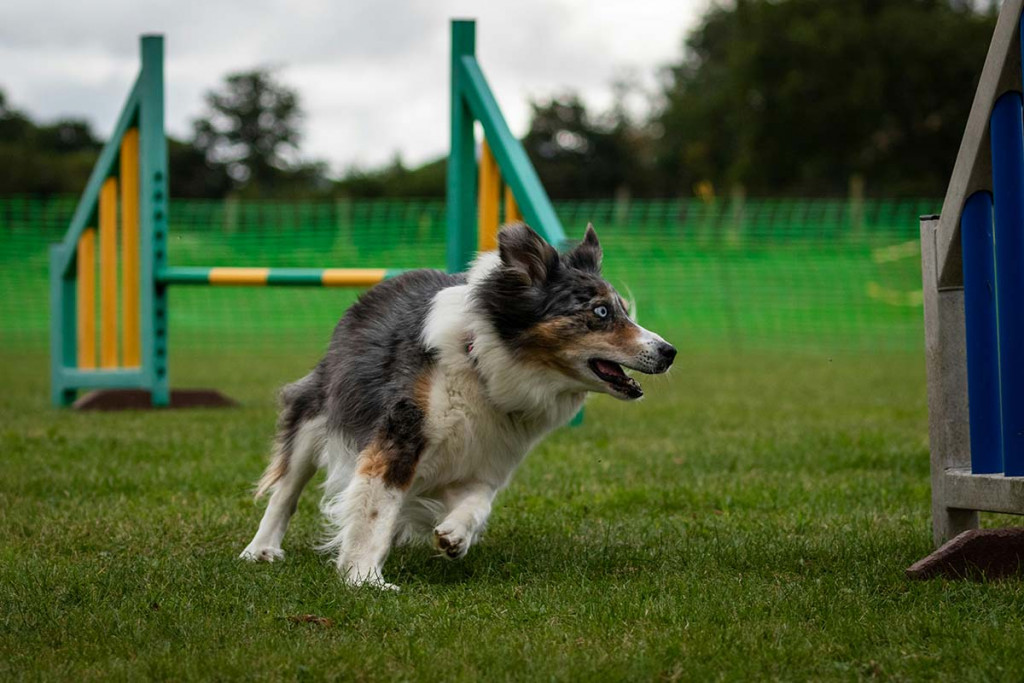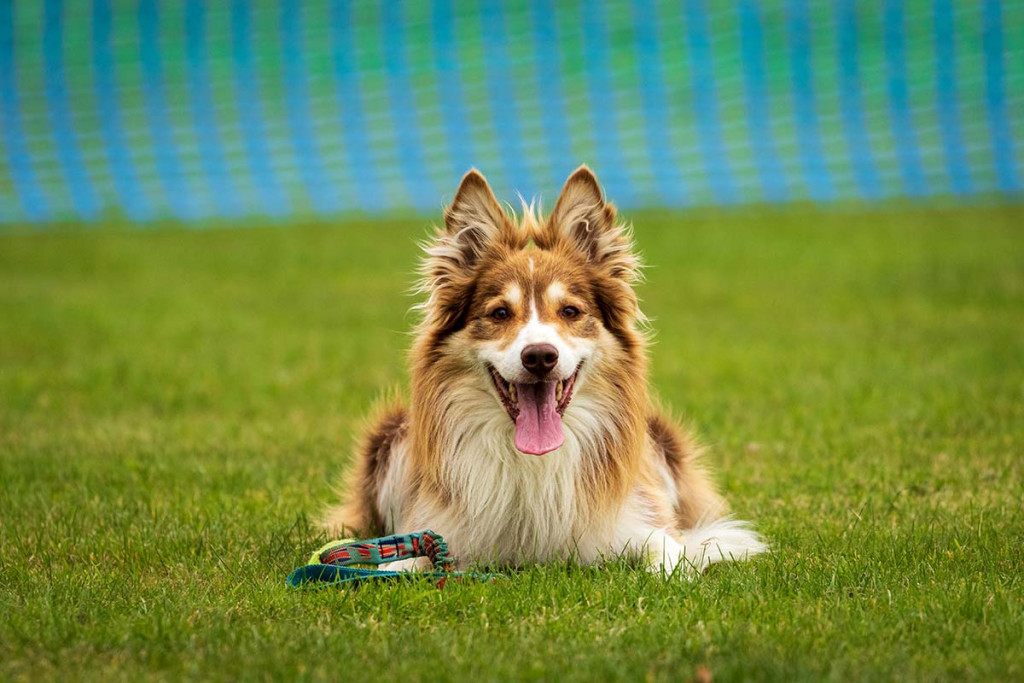What Does Being a Qualified Dog Trainer Actually Mean?

Dog Training’s Dirty Little Secret
It’s not talked about very much, but the dog training world’s dirty little secret is that it’s totally unregulated in the UK. This means anyone can set themselves up as a dog trainer and try to take your money.
And this poses a problem for you and your dog.
How do you know if a trainer is fit to train your dog safely? What methods are they using? Are those methods based on sound scientific principles, first-hand knowledge and up-to-date experience?
Or are they just winging it?
The unregulated nature of the industry also causes problems for dog trainers themselves. Some take it upon themselves to gain qualifications and then insist that only qualified dog trainers should be trusted.
And while that might sound reasonable, when it comes to the sport of dog agility training, it’s not for two reasons.
Experience Really Matters
Dog agility trainers who regularly compete understand the extensive training required to guide a dog through an agility course with speed, precision and safety. The most successful trainers often have a deep knowledge and exceptional skills, which set them apart.
These trainers consistently demonstrate their competence and expertise through their achievements. As they progress from local competitions to national, European and world stages, their success proves their abilities.
Interestingly, some top trainers don’t have formal dog training or behaviour qualifications. However, their experience and the knowledge gained through continuous learning and practice make them highly effective.
This includes understanding dog psychology, managing high-stress situations, assessing physical abilities, preventing injuries and enhancing cardiovascular fitness.
While formal qualifications can be beneficial, these trainers’ practical experience and proven track record are invaluable. Their dedication to learning and improving in the field is why they reach the top of their profession.

The Value of ‘Qualifications’
There are genuine, high-quality dog training qualifications. For example, the Level 4 Diploma in Dog Training and Instruction is equivalent to the first year of an honours degree and costs £5,000 to study. This course is accredited by Ofqual, the government’s Office of Qualifications and Examinations Regulation, so you know it’s the real deal.
However, there are other dog training qualifications available from private training companies that cost a lot less and are not accredited by Ofqual at all. Instead, they are covered by continuous professional development (CPD) certification, which is also unregulated.
So, the value of stating that you’re ‘qualified’ means nothing without clarity about what these qualifications entail. It’s important to question who deems these individuals qualified and whether these qualifications adhere to recognised standards or if they’re issued by unregulated bodies.
Anyone can give themselves a grandiose job title, so be wary of ambiguous language and vague claims. Look for specific details that substantiate titles like ‘specialist’, ‘advanced trainer’ or ‘expert’.
Anyone calling themselves something like “The UK’s Premier Dog Agility Expert” is probably nothing of the kind. Genuine professionals focus on showcasing their own accomplishments rather than criticising the approaches of others.
When trainers highlight their experience and endorsements, look to verify these claims through published reviews or evidence of ongoing professional development. This helps ensure that their expertise is not just self-proclaimed but supported by tangible proof and continuous learning.
Qualifications vs Experience
Dog agility trainers often debate whether formal training courses are essential, as experience in the field is equally valuable. While courses can help fill knowledge gaps and improve skills, some worry that promoting only certified trainers might be more about marketing for the course providers than quality training.
The lack of regulation among course providers makes it difficult to assess the value and consistency of the training, leading to no standard benchmark across the industry.
Those deeply involved in dog agility continue to learn and adopt new techniques, striving for excellence and maintaining high standards in the industry. Participating in competitions and staying updated with the latest safety and training advancements are crucial for trainers who wish to remain relevant and effective.
Ultimately, the goal for trainers is to pass on their knowledge to their peers and to clients, improving both safety and the quality of handling in the UK agility scene.
The next time you see a dog agility trainer dictating their qualifications are the only things that matter, view it as a big red flag, because the things that really matter are the health and well-being of your dog.
Dig a little – ask them about their agility competition record and who accredited their qualifications. If they haven’t set foot in a competition arena for years, and their qualifications come from an unheard-of private company, they might not be all they claim.

